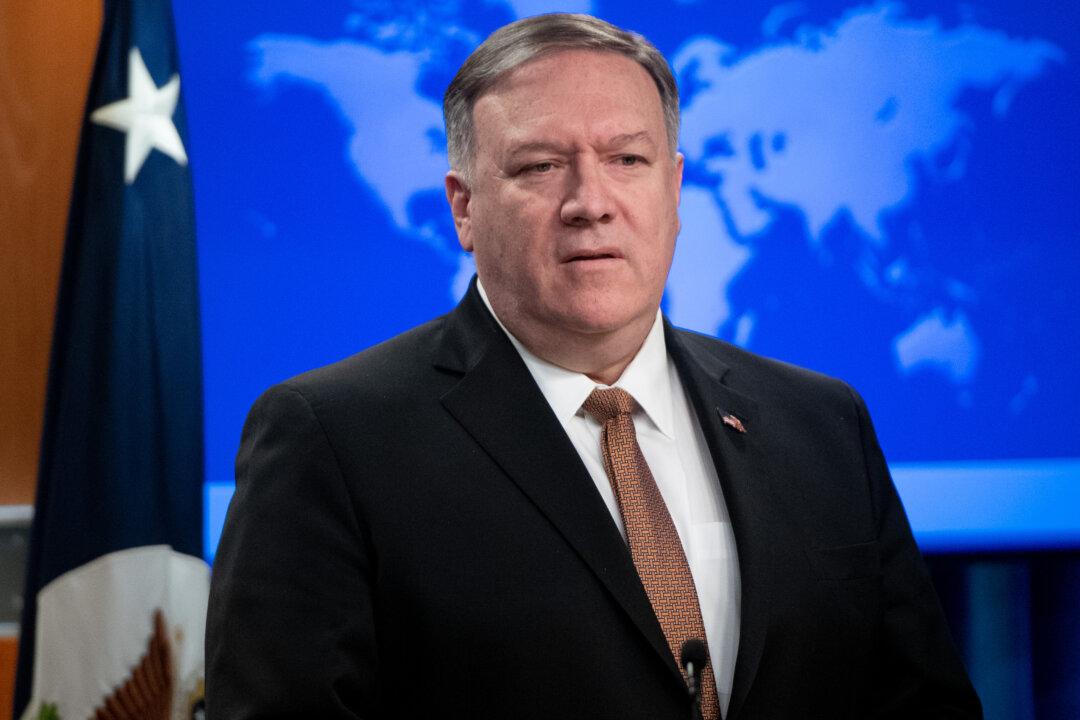Commentary
For more than 30 years, U.S. presidents have known that Iran was a state sponsor of terrorism. U.S. officials frequently spoke about how Iran hosted al-Qaida operatives, permitting them to move money and fighters to South Asia and Syria.


For more than 30 years, U.S. presidents have known that Iran was a state sponsor of terrorism. U.S. officials frequently spoke about how Iran hosted al-Qaida operatives, permitting them to move money and fighters to South Asia and Syria.